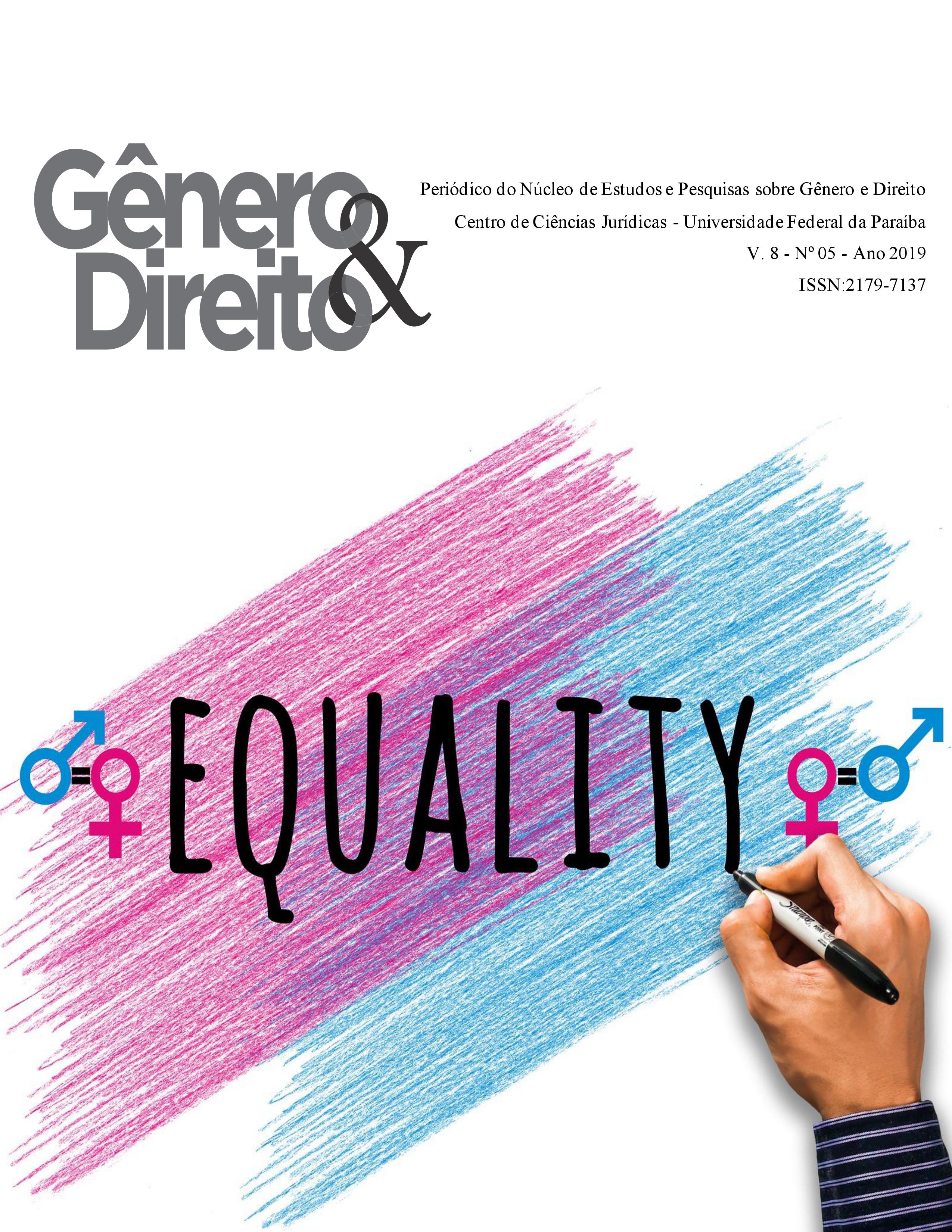THE EXPRESSION OF OPTATIVE MODALITY OF UNDESIRABILITY WITH THE INFINITIVE CONSTRUCTIONS
DOI:
https://doi.org/10.22478/ufpb.2179-7137.2019v8n5.48632Palavras-chave:
modality, expression, desire, infinitive constructions, Proverbs, sayings.Resumo
Linguistic modality as one of the key categories that connect sentences (statements) with extralinguistic reality and realize its communicative potential, is characterized by active interest of researchers and according to G. V. Bondarko "is steadily maintained as a recognized subject of debate". The interest in this category has increased notably in recent decades, when the functional approach firmly established in linguistics and the consistent attention to the human factor as an important extra-linguistic component of language change is clearly evident. The study of the categories of modality are the subject of many linguistic works the best known are the works of V. V. Vinogradov, Sh. Bally, V. G. Admoni, G. A. Zolotova, G. V. Olshanskii, G. V. Bondarko, N. Yu.Shvedov, N. E. Belyaeva, S. S. Vaulina, G. A. German, N. E. Petrova, L. S. Ermolaeva, V. Z. Panfilov, N. K. Dmitrieva, Coates[1-4], Halliday [5], Hockett [6] etc. V. V. Vinogradov is considered to be the founder of the theory of modality, his contribution in this issue, it is still very important for linguists. After V. V. Vinogradov, we understand modality as the ratio of the content of the narrative to reality (reported to its real implementation) from the point of view of the speaker. Our appeal to semantically capacious and used in various speech situations and with different purposes Russian proverbs is reasonable. The studied units, being stable and reproducible in speech by synthesis polyfunctional sayings, represent the secondary linguistic signs (closed steady phrase), are markers of the situations or relations between the realities, and also have an integral-semantic, expressive-shaped structures. This article describes the construction with the infinitive in the role of predicative centre on the example of Russian proverbs and sayings, the issue is due to insufficient knowledge of proverbs and sayings as means of verbal representation of the expression with a hint of undesirabilityDownloads
Não há dados estatísticos.
Referências
Coates, J. The semantics of the mood auxiliaries. – London: Croom Helm, 1983. – 259 p.
Coates J. Epistemic modality and spoken discourse // Transactions of the Philological Society – 1987 – pp.110-131.
Coates J. Modal meaning: the semantic-pragmatic interface // Journal of Semantics. – I990. – Vol. 7 – No 1. – p. 53-63.
Coates, J. The semantics of the mood auxiliaries. – London: Croom Helm, 1983. – 259 p.
Halliday M. A. K. An introduction to functional grammar. 2nd ed. – London: Edward Arnold, 2015. – 387 p.
Hockett, C. A Course in Modern Linguistics. – New York: Macmillan, 2016. – 621 p.
Altabaeva E. V. Optative sentences in the modern Russian language: textbook. Manual // E. V. Altabaeva. – Michurinsk, 2003. – 164 p.
Bondarko A.V. The theory of functional grammar. Introduction. Aspects.Temporal localization. Taksis // A. V. Bondarko. ; Resp. edited by A. V. Bondarko Leningrad: Nauka, 1988. – 348 p
Dahl V. I. Proverbs of the Russian people // V. I. Dahl. – Moscow: Russian book, 1993. – 614 p.
Vinogradov V. V. About the category of modality and modal words in Russian language V. V. Vinogradov. – Proceedings of Institute of Russian language. – Volume 2. Izd–vo an SSSR. M. – L., 1950. – S. 38 – 79.
Pavlov, V. M. Controversies of the semantic structure of impersonal sentences // V. M. Pavlov. – SPb, 1998. – 375 c.
Timofeev K. A. On the main types of infinitive sentences of the modern Russian literary language // K. A. Timofeev. – Questions of syntax of modern Russian language. – M.: Education, 1950. – 410 p
Coates J. Epistemic modality and spoken discourse // Transactions of the Philological Society – 1987 – pp.110-131.
Coates J. Modal meaning: the semantic-pragmatic interface // Journal of Semantics. – I990. – Vol. 7 – No 1. – p. 53-63.
Coates, J. The semantics of the mood auxiliaries. – London: Croom Helm, 1983. – 259 p.
Halliday M. A. K. An introduction to functional grammar. 2nd ed. – London: Edward Arnold, 2015. – 387 p.
Hockett, C. A Course in Modern Linguistics. – New York: Macmillan, 2016. – 621 p.
Altabaeva E. V. Optative sentences in the modern Russian language: textbook. Manual // E. V. Altabaeva. – Michurinsk, 2003. – 164 p.
Bondarko A.V. The theory of functional grammar. Introduction. Aspects.Temporal localization. Taksis // A. V. Bondarko. ; Resp. edited by A. V. Bondarko Leningrad: Nauka, 1988. – 348 p
Dahl V. I. Proverbs of the Russian people // V. I. Dahl. – Moscow: Russian book, 1993. – 614 p.
Vinogradov V. V. About the category of modality and modal words in Russian language V. V. Vinogradov. – Proceedings of Institute of Russian language. – Volume 2. Izd–vo an SSSR. M. – L., 1950. – S. 38 – 79.
Pavlov, V. M. Controversies of the semantic structure of impersonal sentences // V. M. Pavlov. – SPb, 1998. – 375 c.
Timofeev K. A. On the main types of infinitive sentences of the modern Russian literary language // K. A. Timofeev. – Questions of syntax of modern Russian language. – M.: Education, 1950. – 410 p
Downloads
Publicado
2019-10-27
Como Citar
KHUZINA, E. A. .; KHAIRULLINA, D. D. . THE EXPRESSION OF OPTATIVE MODALITY OF UNDESIRABILITY WITH THE INFINITIVE CONSTRUCTIONS . Gênero & Direito, [S. l.], v. 8, n. 5, 2019. DOI: 10.22478/ufpb.2179-7137.2019v8n5.48632. Disponível em: https://periodicos.ufpb.br/ojs/index.php/ged/article/view/48632. Acesso em: 2 abr. 2025.
Edição
Seção
Seção Livre

